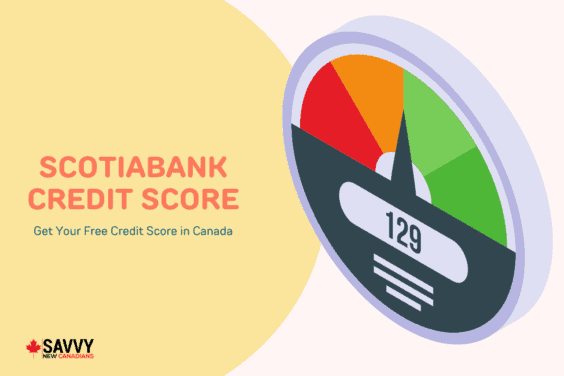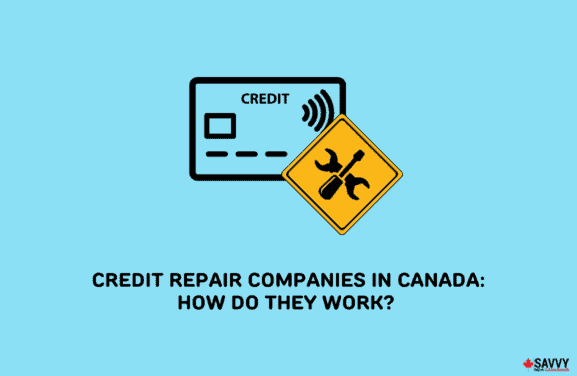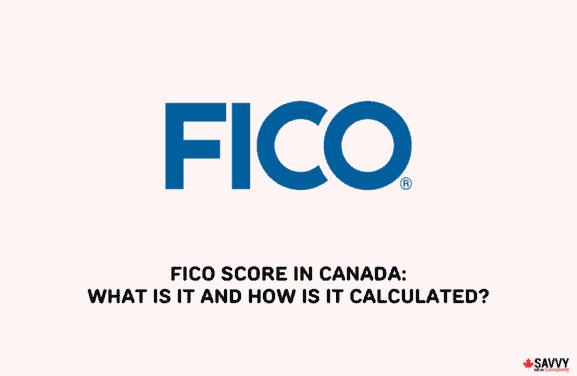When you apply for credit in Canada, like a credit card or personal loan, the lender will check your credit score.
But what is the average credit score in Canada? Does it differ by age and province? And what is a good credit score anyway?
Read on to get answers to these questions and more.
Key Takeaways
- The average credit score in Canada is currently 672.
- The average score differs by age and province, with scores increasing with age.
- In general, a good credit score is considered 660 or above.
- You can find out your score online for free and take steps to improve it if necessary.
What is the Average Credit Score in Canada?
In Canada as a whole, the average credit score is 672. That’s according to a study carried out by Borrowell.
It analyzed data from two million members in 2022 to generate the figures. This figure was an increase from 667 in 2021 and 649 in 2020, according to the same study.
Average Credit Score in Canada By Age
The average credit scores above are for everyone in Canada. But what about credit scores by age? According to a survey from Equifax, the average credit scores per age group are as follows:
| Age Group | Average Credit Score |
| 18-25 | 692 |
| 26-35 | 697 |
| 36-45 | 710 |
| 46-55 | 718 |
| 56-65 | 737 |
| 65+ | 750 |
This shows a tendency for average credit scores to increase as age increases. This makes sense because younger people are still building their credit histories.
Average Credit Score by Province
Credit scores also differ based on location in Canada. The Borrowell study linked above looked at credit scores in different cities across Canada and found the following results:
| City | Average Credit Score |
| Ontario | |
| Markham | 720 |
| Toronto | 696 |
| Mississauga | 695 |
| Ottawa | 688 |
| Kitchener | 679 |
| Brampton | 675 |
| London | 672 |
| Hamilton | 660 |
| British Columbia | |
| Vancouver | 705 |
| Burnaby | 700 |
| Victoria | 694 |
| Surrey | 675 |
| Quebec | |
| Montreal | 687 |
| Quebec | 683 |
| Laval | 679 |
| Gatineau | 663 |
| Alberta | |
| Calgary | 667 |
| Edmonton | 649 |
| Saskatchewan | |
| Regina | 659 |
| Saskatoon | 656 |
| New Brunswick | |
| Fredericton | 658 |
| Moncton | 640 |
| Nova Scotia | |
| Halifax | 664 |
| Manitoba | |
| Winnipeg | 661 |
Credit Scores Explained
Credit scores fall into set brackets, determining whether they are Poor, Fair, Good, Very Good, or Excellent. The general categories are shown in the table below:
| Credit Score Range | Rating |
| 300-559 | Poor |
| 560-659 | Fair |
| 660-724 | Good |
| 725-759 | Very Good |
| 760-900 | Excellent |
If you want to apply for a credit card, you will normally need a credit score of 660 or over. However, some lenders may be more lenient, so don’t assume you cannot get credit if you have a score below 660.
How to Check Your Credit Score
When you apply for credit, like a mortgage or credit card, it’s a good idea to check your credit score first. This can give you a better idea of whether your application will be accepted.
There are two credit bureaus in Canada: Equifax and TransUnion.
You can go directly to the bureaus to find out your score, but there may be a cost involved. Alternatively, you can use free services.
Sign up with Borrowell to access your Equifax credit score for free. You can also get access to report monitoring, tips to improve your score, and product recommendations according to your credit profile.
ClearScore is another service you can use. This uses the TransUnion credit score, and it also provides credit monitoring and education.
How to Improve Your Credit Score
If you check your credit score and find that it is not high enough to apply for the loan you want, all is not lost. You may be able to improve your credit score in several ways:
- Check your credit report for mistakes – Start by checking your credit report to see if there are any mistakes that are hurting your score. If you find any, apply to get them corrected.
- Use a secured credit card – With a secured credit card, you put down a security deposit before you can borrow money. Eligibility requirements are more lenient, and you can use them to build your credit score.
- Use a credit building service – There are several paid services, like the one provided by Koho, where you can borrow small amounts of money and pay them back on time to build your credit score.
- Always make your payments on time – Missed payments can hurt your score, so get into the habit of making your payments on time every month.
- Reduce your credit utilization – Use a smaller amount of the credit you have access to. This will reduce your credit utilization, which can help your score.
What is the Average Credit Score in the USA?
Credit scores in America are slightly different from Canada. Instead of going from 300 to 900, the scores go from 300 up to 850. However, they are still given the same ratings of Poor, Fair, Good, Very Good, and Excellent.
According to Experian, the average credit score (or FICO® Score) in the USA was 714 in 2022, which is the same as it was in 2021.
FAQs
Credit scores of 660 and above are classified as Good scores. Below this, they are either Fair or Poor.
While there are no specific numbers of people with a credit score of over 800 in Canada, only about one in six or seven people are likely to fall into this bracket.
While possible, getting a perfect credit score of 900 in Canada is rare.
A bad credit score is one of 559 or lower. A Fair score of 560 to 659 could also be insufficient to apply for credit in many situations.



